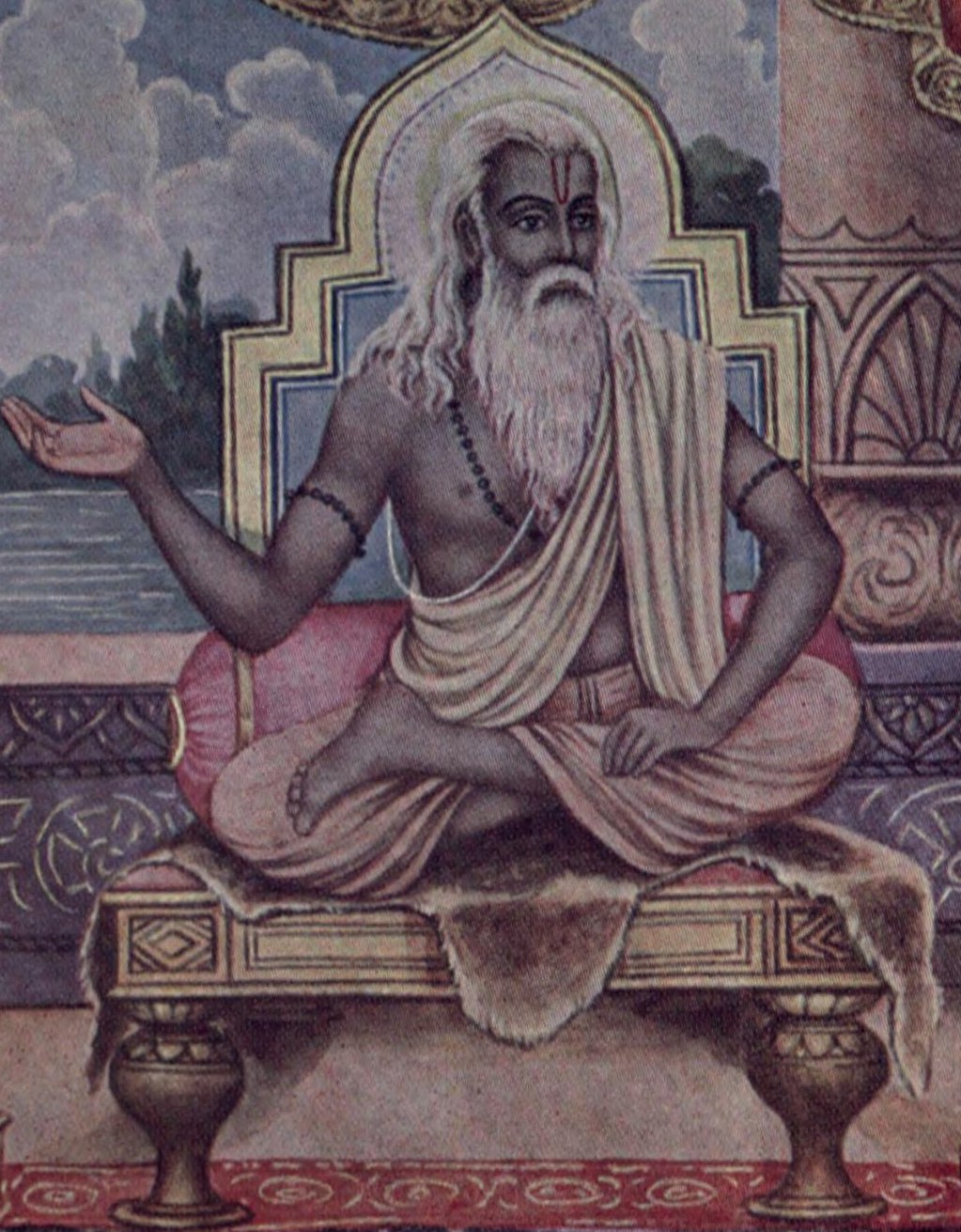in p, 173.
Sources, The Yoga Darsana Of Patanjali With The Sankhya Pravacana Commentary Of Vyasa
Vyasa: Zitate auf Englisch
In p. 151
Sources, The Yoga Darsana Of Patanjali With The Sankhya Pravacana Commentary Of Vyasa
Anonymous, in Awakening Indians to India http://books.google.co.in/books?id=AIU4LzftaPAC&pg=PA167, p. 167.
In P.44.
Sources, Glimpses of Indian Culture
In p. 104.
Sources, The Yoga Darsana Of Patanjali With The Sankhya Pravacana Commentary Of Vyasa
In p. 163.
Sources, The Yoga Darsana Of Patanjali With The Sankhya Pravacana Commentary Of Vyasa
In p. 1.
Sources, Seer of the Fifth Veda: Kr̥ṣṇa Dvaipāyana Vyāsa in the Mahābhārata
in P.44.
Sources, Glimpses of Indian Culture
Kumkum Roy, in Historical Dictionary of Ancient India http://books.google.co.in/books?id=RIUZjYEuqskC&pg=PA371, p 471.
Sources
Vyasa’s curse to the first widowed wife of his half brother on the son to be born to them. His mother [Satyavati] had asked him to produce heirs to the throne with the two widows of his half-brother. The first princess closed her eyes as Vyasa was in fearful ascetic condition when he slept with her. In due time Dhritarshtra was born blind. Quoted in p. 58.
Sources, Seer of the Fifth Veda: Kr̥ṣṇa Dvaipāyana Vyāsa in the Mahābhārata
Vyasa’s curse to the second widowed wife of his half brother on the son to be born to them. The second widowed princess was frightened at the ugly sight of Vyasa during their union. Thus, Pandu, a pale looking son was born to them. Quoted in P.58.
Sources, Seer of the Fifth Veda: Kr̥ṣṇa Dvaipāyana Vyāsa in the Mahābhārata
